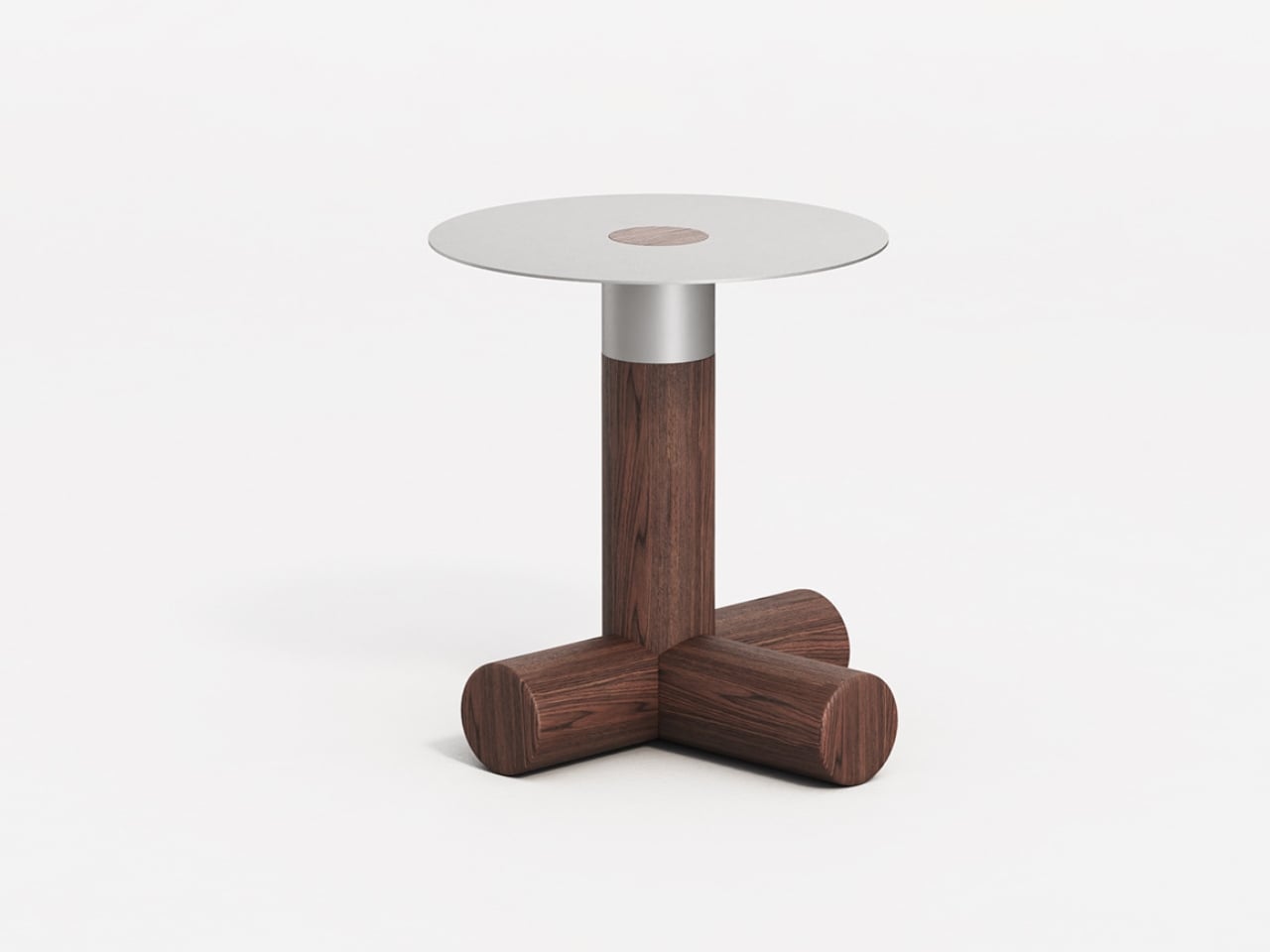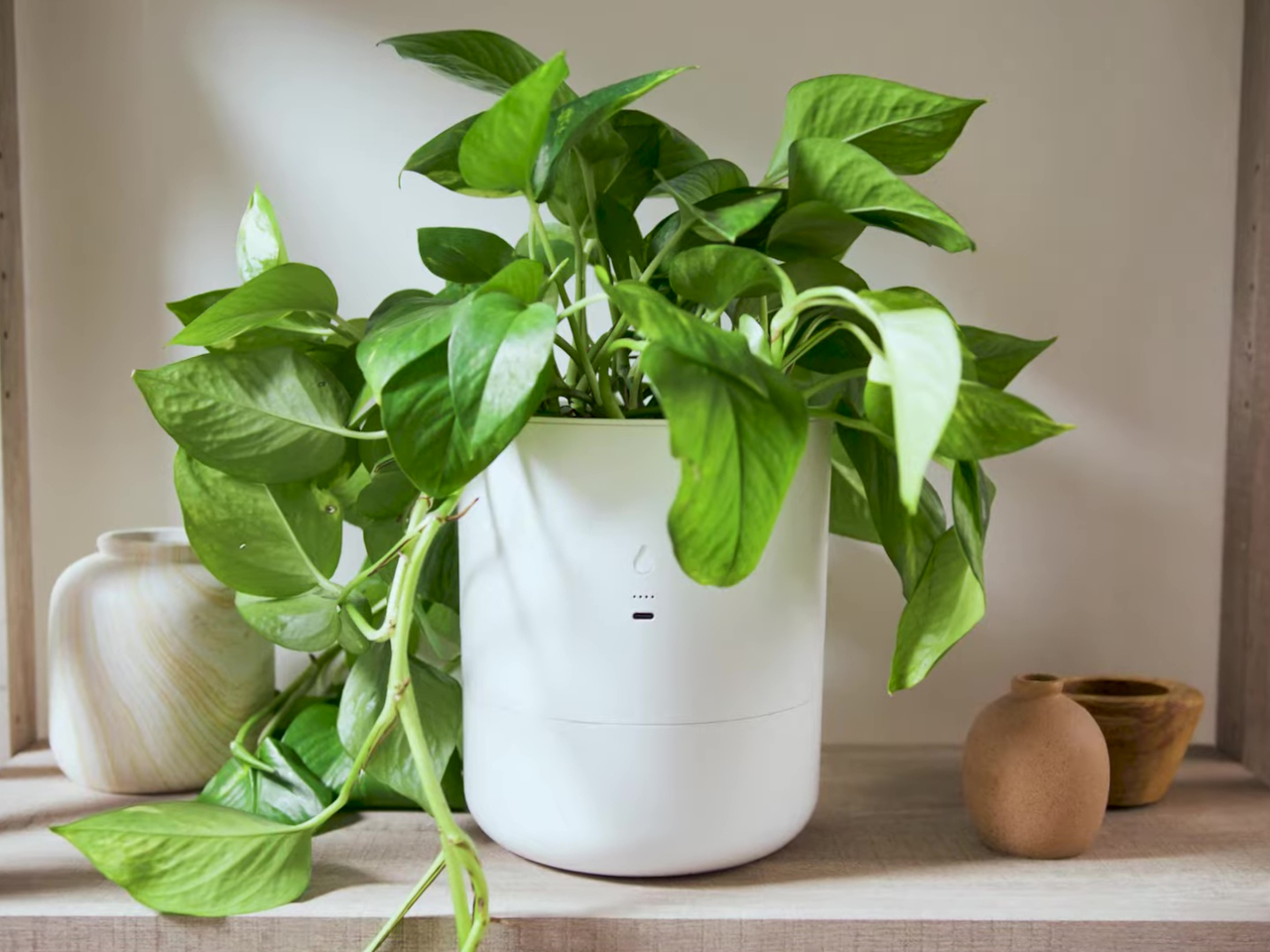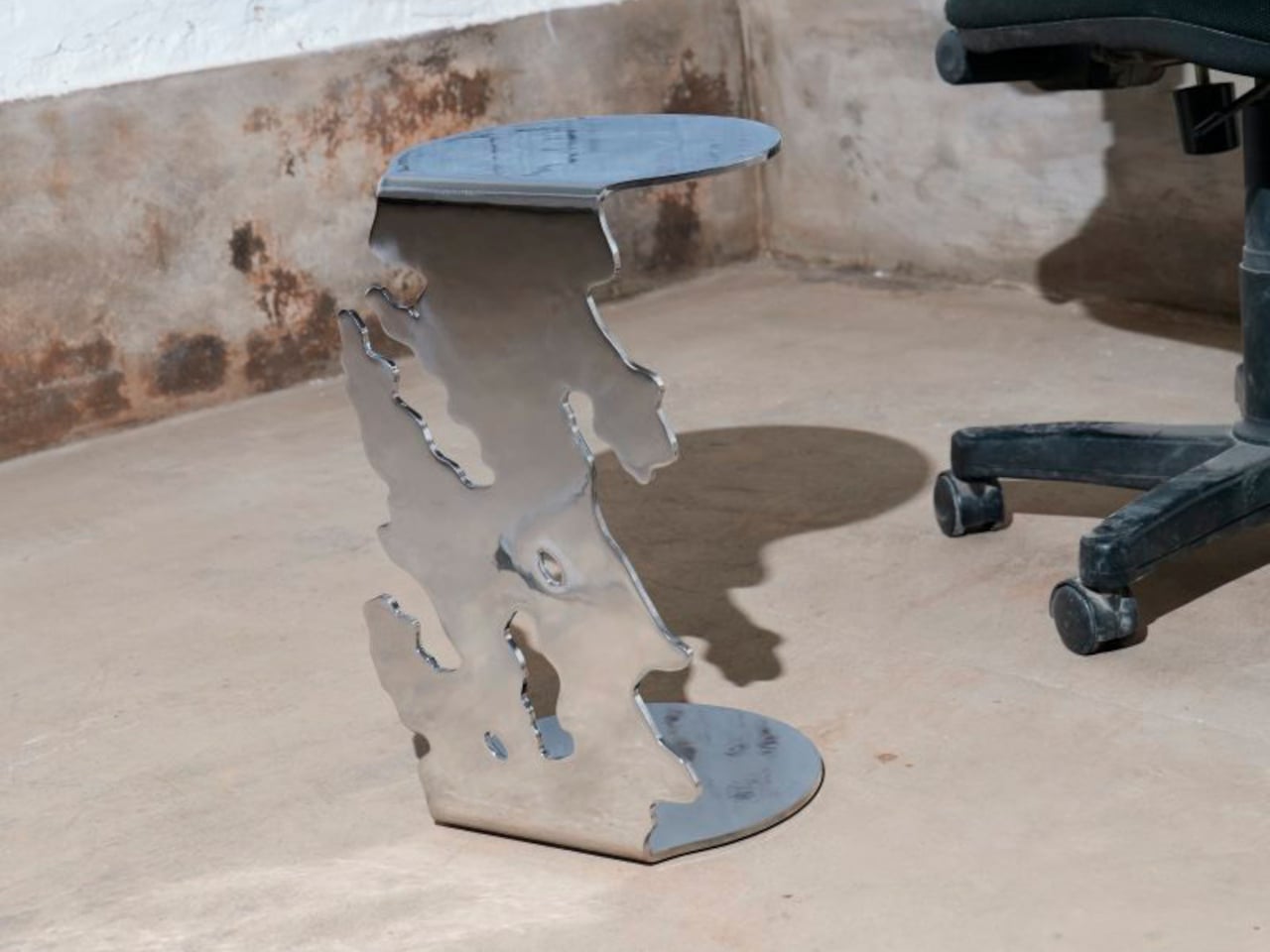The Barbican Estate in London, England
Nestled in the heart of London’s bustling City district, the Barbican Estate is a striking example of post-war urban utopianism. This sprawling complex, completed in 1982, is a Brutalist dream that combines residential apartments, cultural venues, and serene gardens in a visionary blend of concrete and greenery. The architects Chamberlin, Powell, and Bon designed the estate to be a “city within a city” and revive this war-torn area of London. Its towering residential blocks—like Cromwell, Shakespeare, and Lauderdale Towers—are arranged around sunken gardens, water features, and raised walkways, creating a sense of seclusion from the surrounding city. The labyrinthine layout is both an integral part of the design and a surprising challenge for the uninitiated to navigate. It also contributes to the feeling of being in a movie whenever you enter the estate. One of the estate’s most surprising features is its dedication to green space. Among the concrete, visitors can find the Barbican Conservatory, a hidden greenery with over 2,000 species of plants and trees.


Nestled in the heart of London’s bustling City district, the Barbican Estate is a striking example of post-war urban utopianism. This sprawling complex, completed in 1982, is a Brutalist dream that combines residential apartments, cultural venues, and serene gardens in a visionary blend of concrete and greenery.
The architects Chamberlin, Powell, and Bon designed the estate to be a “city within a city” and revive this war-torn area of London. Its towering residential blocks—like Cromwell, Shakespeare, and Lauderdale Towers—are arranged around sunken gardens, water features, and raised walkways, creating a sense of seclusion from the surrounding city. The labyrinthine layout is both an integral part of the design and a surprising challenge for the uninitiated to navigate. It also contributes to the feeling of being in a movie whenever you enter the estate.
One of the estate’s most surprising features is its dedication to green space. Among the concrete, visitors can find the Barbican Conservatory, a hidden greenery with over 2,000 species of plants and trees.
























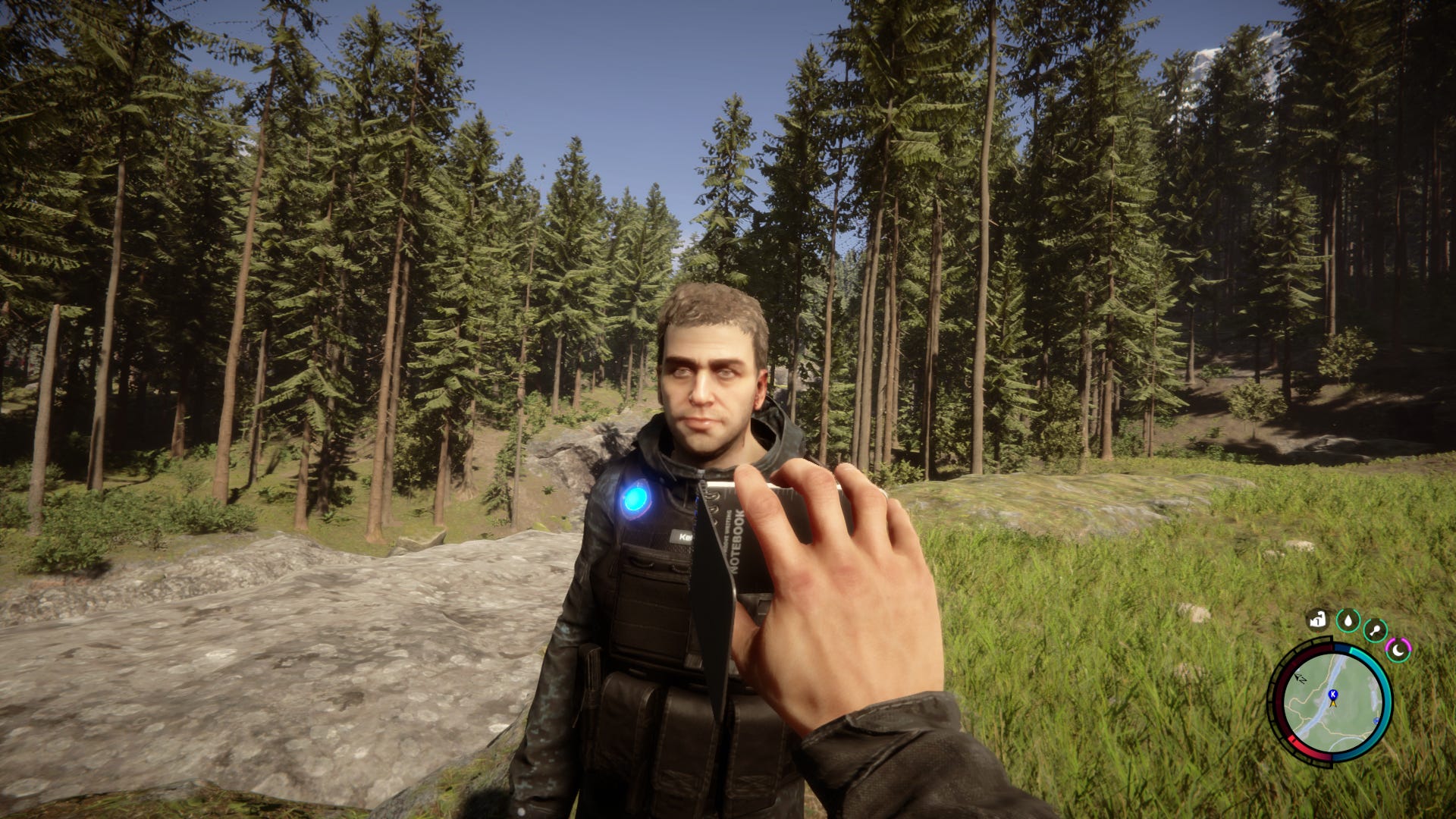


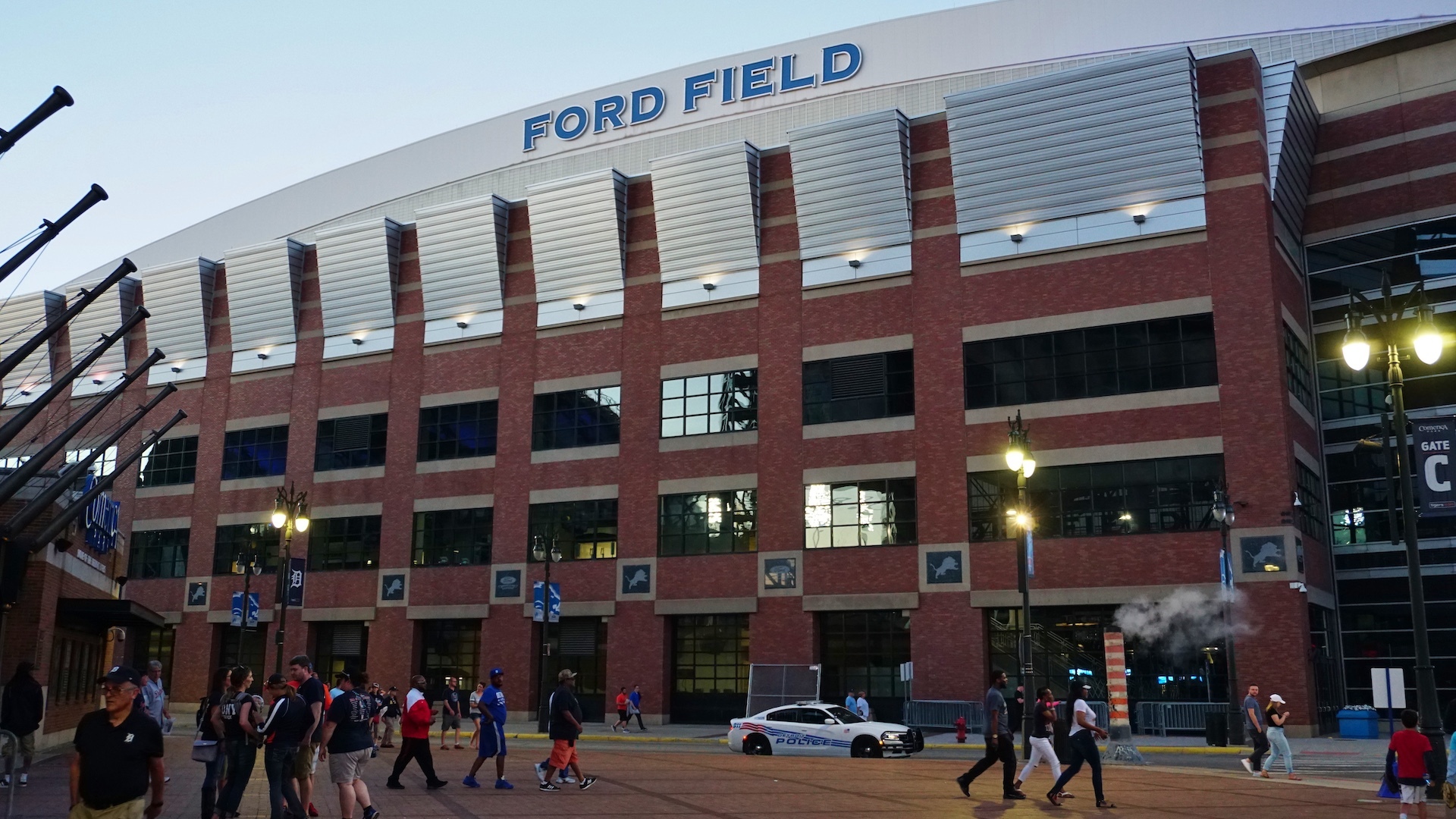






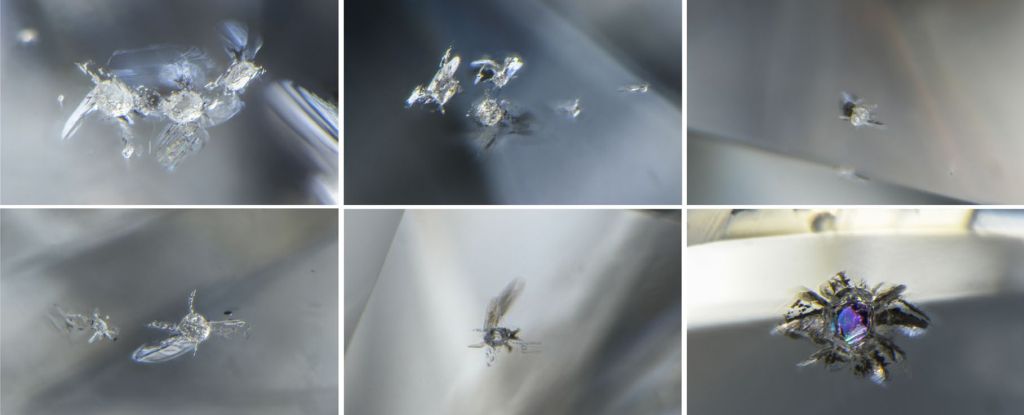

/cdn.vox-cdn.com/uploads/chorus_asset/file/24435316/STK150_Bing_AI_Chatbot_02.jpg)








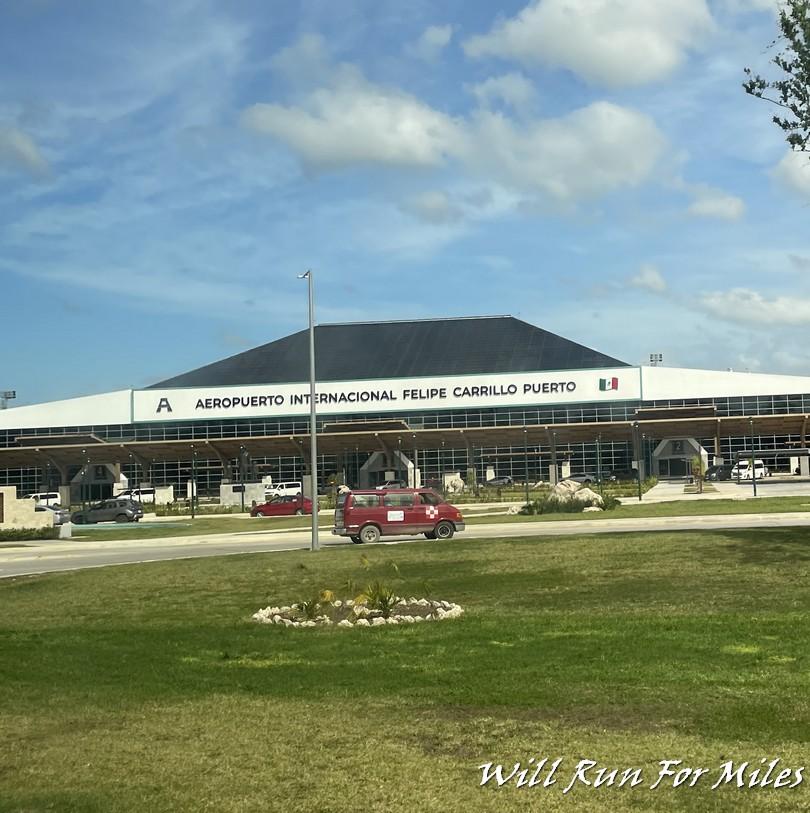

![United Passenger’s Upgrade Mishap Sparks Seat Loss—Here’s the Critical Step to Avoid It [Roundup]](https://viewfromthewing.com/wp-content/uploads/2018/09/20170607_112204.jpg?#)








